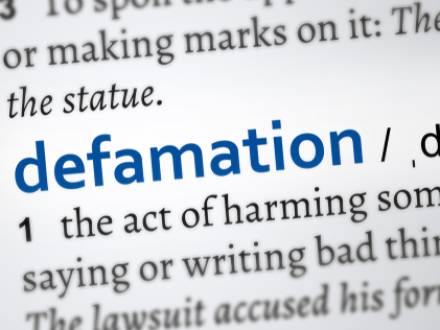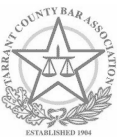Can Texas Business Owners Sue for Defamation?
 In today’s digital world, one negative, false statement on social media, in a review, or in a competitor’s ad can devastate the reputation of a business. If you are a Texas business owner, you may wonder whether you can sue someone for defamation when their damaging, untrue statements adversely affect your business.
In today’s digital world, one negative, false statement on social media, in a review, or in a competitor’s ad can devastate the reputation of a business. If you are a Texas business owner, you may wonder whether you can sue someone for defamation when their damaging, untrue statements adversely affect your business.
The answer depends on several legal issues, including whether the statement is provably false, whether your business suffered actual damages as a result of the statement, and whether it was published to third parties. It is essential that you thoroughly understand Texas defamation and slander laws to protect your business's reputation while avoiding a costly mistake. Consulting with a Tarrant County, TX business law attorney should be your first step to combat defamation or slander.
What is Defamation Under Texas Law?
Defamation involves the public communication of a false statement that harms the reputation of another person or entity, resulting in damages. To prove a defamation claim, the plaintiff must establish the following:
- The statement or statements made are untrue and presented as fact, rather than opinion.
- The statement was defamatory in nature (harmful to the reputation of an individual or entity).
- The false statement was communicated to at least one other person who understood the defamatory meaning.
- There was a level of fault on the part of the defendant (negligence for private individuals, actual malice for public figures).
- The defamatory statement resulted in actual damages.
The requirement that the statement be understood as defamatory by at least one other person means that a person of ordinary intelligence would interpret the statement as causing injury to the reputation of an individual or business, exposing them to public contempt, ridicule, or hatred. Defamation can be in the form of libel (written defamatory statements) or slander (spoken defamatory statements.
Although damages are generally required to prove defamation, certain statements may be considered defamatory per se, which means harm to reputation is presumed, and the plaintiff is not required to prove specific damages. Examples of these defamatory per se statements would include accusations of criminality, moral turpitude, or "loathsome diseases."
How Do Statements of Opinion Differ from False Statements of Fact for Business Defamation?
Statements of opinion are protected speech and not considered defamation because they cannot be proven true or false. A false statement of fact, presented as verifiable information, which harms a business’s reputation, is differentiated by analyzing the verifiability and social context to determine whether a reasonable person would perceive the statement as opinion or verifiable fact.
For example, if an individual posted online that the restaurant he or she just went to had "terrible service," this is likely an opinion. If, on the other hand, the post stated that the restaurant was "filthy," or that they "heard the owner had leprosy," then if these statements are false and can be disproven, they are defamation. Where and how the statement is made is crucial; statements in editorials, on social media, or opinion pieces are treated differently from those in news reports.
When Can a Business Bring a Defamation Claim in Texas?
A business can bring a defamation claim for a patently false customer review, blatantly untrue social media posts, inaccurate media reports, and competitor smear campaigns. The company must generally provide proof of damages, such as lost contracts, declining sales, or reputational harm. Alternatives to litigation for business defamation might include sending a cease-and-desist letter, negotiating with online platforms to remove defamatory content, or demanding a retraction of the defamatory statement.
Contact a Hood County, TX Small Business Law Attorney
The reputation of your business is one of your most valuable assets. If false statements are damaging your company, consulting with a knowledgeable Tarrant County, TX business lawyer from Cain & Kiel Law can help you determine the best course of action. Attorney Cain has served as Cleburne’s Mayor since 2012, is a certified mediator, and is also the owner of Trinity Abstract and Title in Cleburne. To schedule your initial attorney meeting, call 817-645-1717.
We're Here When You're Ready
To set up a consultation with our attorneys and get the legal help you need, please call 817-645-1717 or fill out the form below:
The use of the Internet or this form for communication with the firm or any individual member of the firm does not establish an attorney-client relationship. Confidential or time-sensitive information should not be sent through this form.
I have read and understand the Disclaimer and Privacy Policy.

 817-645-1717
817-645-1717









